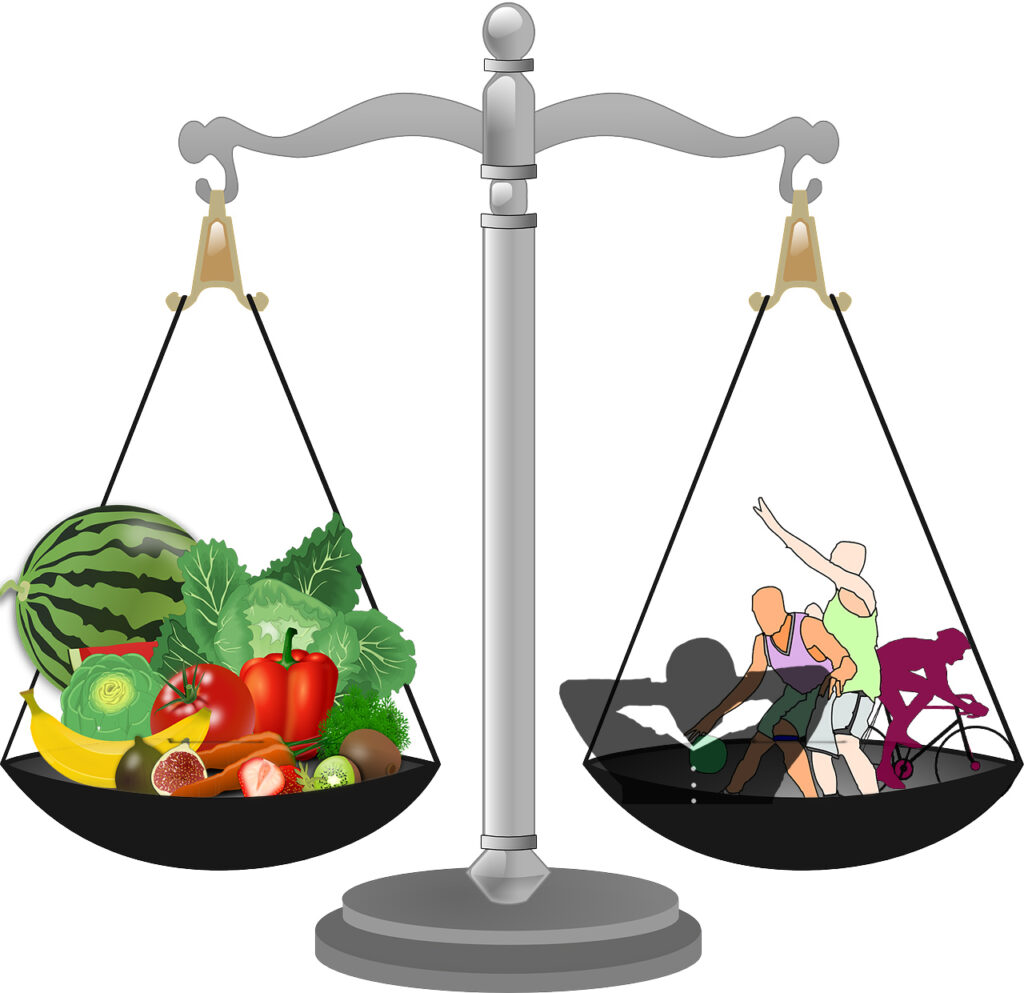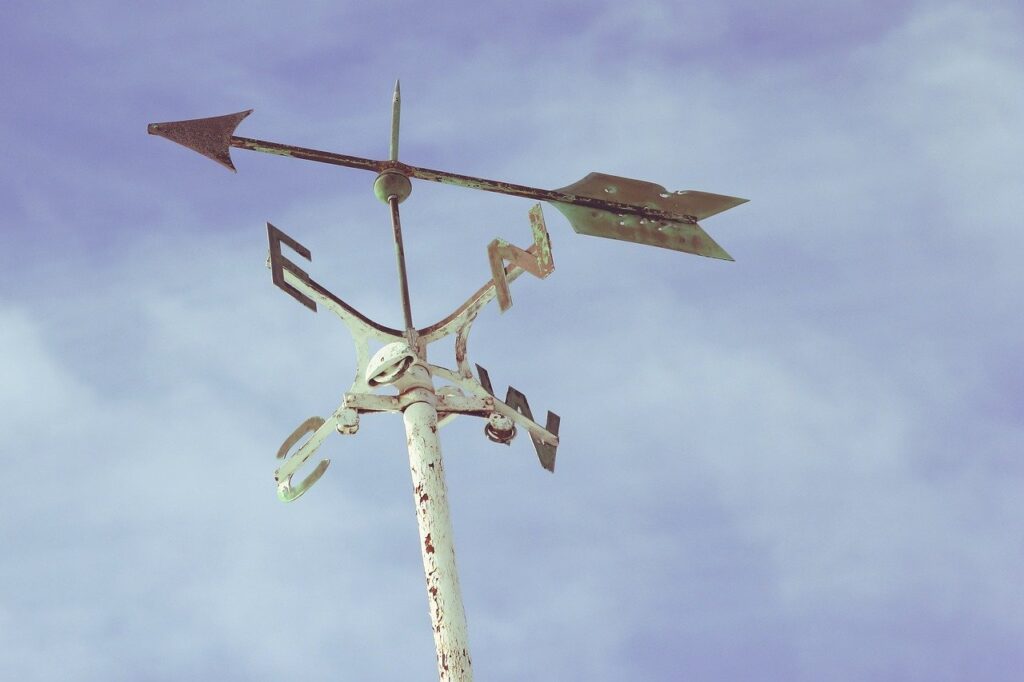
In Chinese terms, the energy that we get from food is referred to as Ying Qi and it plays a vital role in the overall fullness and health of our energy. As such it is worthwhile for qigong practitioners to expand their consideration beyond breathing exercises, postures, movements, and meditations, to consider the effect the food they eat has on their energy and their practice. The topic of diet is vast and impossible to cover comprehensively in one short writing, so this article will examine just one way that our consumption of food interacts with our qigong practice, and that is when we practice in relation to the time we eat.
Spend energy to get energy
We get the energy we need to maintain our physical body and support its activity and the flow of our own internal energy from the food that we eat, but it is not quite as simple as putting the energy in and then it is ready to be used. The food we consume is not in the form that we need it in to actually use it, so first we must break it down within our digestive system, process it into its needed form, and transport it to where we will use it within our body. All of this takes some degree of effort and energy usage from our body – essentially we need to spend energy on the process of digestion in order to extract the essence of the food and make it usable for us. This process takes time and internal resources, and if we rush the process it becomes less efficient and we will derive less benefit from the food we eat.
![]()
In order to have a have a healthy and continuous supply of energy we need to not only consider what it is that we eat, but also when we eat it in relation to other activities so that our bodies can efficiently extract the desired energy and resources from the food we have eaten to support those activities. This is particularly relevant to qigong practice, because even in practices that do not require a lot of obvious physical exertion, we may still be actively directing our energy to move and act in particular ways. If we direct that energy away from our digestion to soon – our food may not be digested properly, so not only do we not receive the energy we need from it but it may also lead to obstruction and imbalances within the body that further impair our energy flow and detract from any benefits we may otherwise receive from our qigong practice.
Finding balance between eating and activity
To find harmony between this taking in of food and use of the energy we derive from it, we need to take into consideration the amount of time and energy required to digest the food, and compare this to the amount of energy needed for our other activities, and find a healthy balance between these energy requirements.

In general, the larger the meal, the longer it will take to digest it. Also the heavier or richer the food, the more energy our body will need to focus on the process of digestion. This is why it is not uncommon to feel sleepy after eating a large meal of rich food. So much of our body’s energy is required for the process of digestion that we naturally direct the energy away from our body’s other functions including even our brain! On the other hand we might feel quite different after having a light snack. We may instead find that we have increased levels of energy and alertness. In this case our body may have been running low on some of the resources it derives from food (blood sugar), and because the meal was light it does not take a lot of the bodies energy to process it – so even while the digestion continues there is an immediate net increase in available energy to support our other activities.
Guidelines for when to eat in relation to qigong practice
As such there are no hard and fast rules about when you should or should not eat in relation to your qigong practice, but rather there are some general principles and guidelines which you can apply to help find this balance between the intake, processing, and use of energy from the food you eat.

- Do only gentle practices on an empty stomach.
It can be quite beneficial to practice qigong on an empty stomach, perhaps in the early morning after rising and before your first meal of the day. With an empty stomach, none of your energy is being used for the process of digestion, leaving you free to direct all of it towards the focus of your qigong practice. When you practice on an empty stomach it is best to keep your practice gentle though, to avoid depleting the energy you draw from your ying qi too much.
- Try to eat no more than 2 hours before vigorous practice.
If you are planning to do very vigorous practices, to get the best results from those practices you need to make sure you body has sufficient resources to support you while you do them. So it is best to make sure that you eat shortly before your practice to ensure you have enough ying qi.
- Wait 30 minutes after a light meal, and an hour or more after a heavy meal before practicing.
Eating immediately before your practice may be disruptive to both your digestion and your energy flow during your practice, so it is best to make sure you have a small gap between eating and practicing. How long you wait after eating before practicing will depend on how large or rich the meal is. For a light meal 30 minutes or even less is often enough, for a heavier meal it is better to wait for an hour or even more before practicing.
Your own body and energy is your ultimate guide
These points above are just general guidelines. Each of us may have different factors that affect how fast we digest our food, and how soon we can effectively practice after eating. As you pay attention to your body and energy, you will be able to feel how you respond to practicing after eating and adjust for yourself how long you need to wait to get the best results from your practice. You will be able to feel whether your eating is supporting you in your practice, or if you have not allowed enough time and your digestion and energy flow is being disturbed.
I hope you have found the information in this article useful for your qigong practice. If you would like to know when we publish other similar articles and announcements, be sure to sign up for our email newsletter below.
2 Comments. Leave new
Wonderful information
Wonderful very useful information